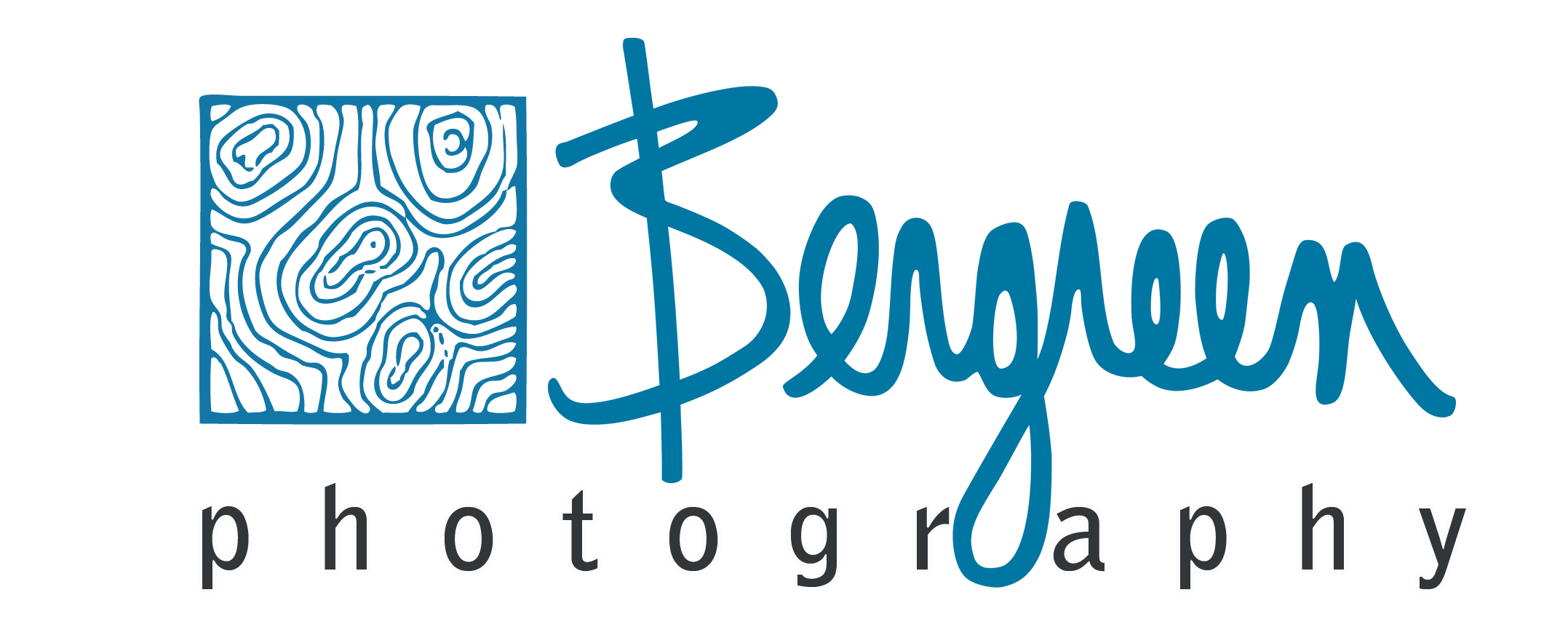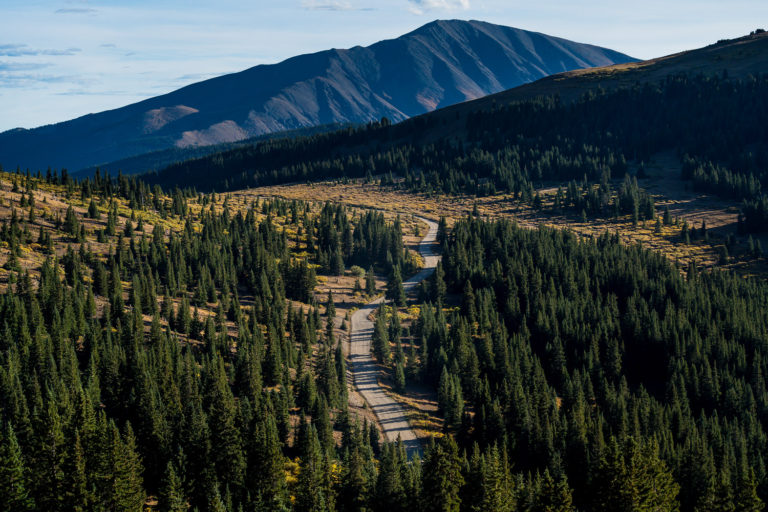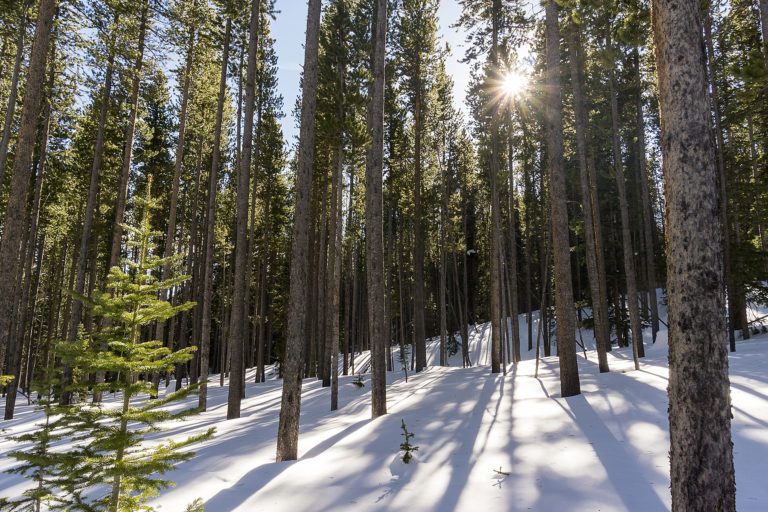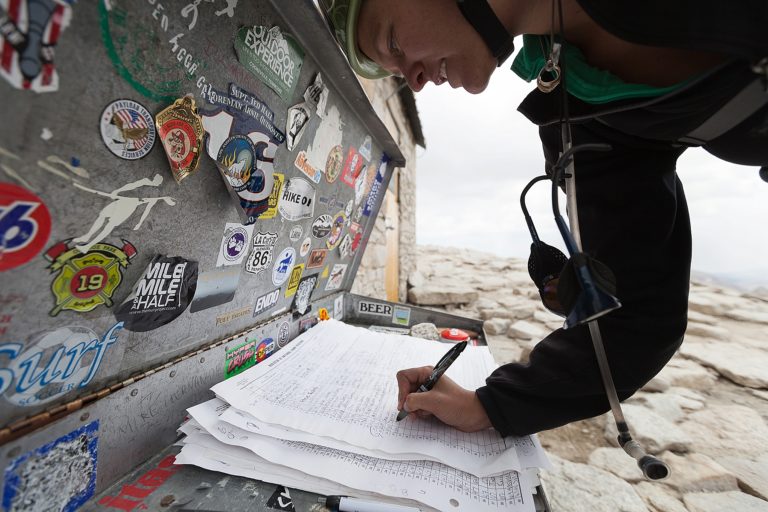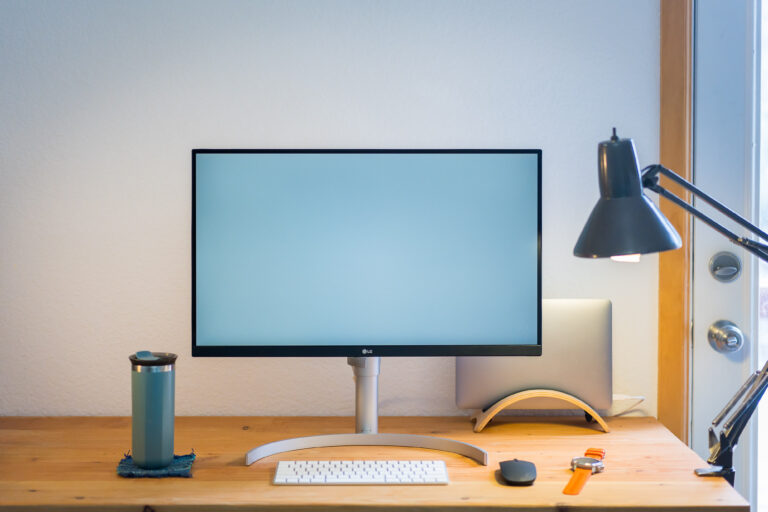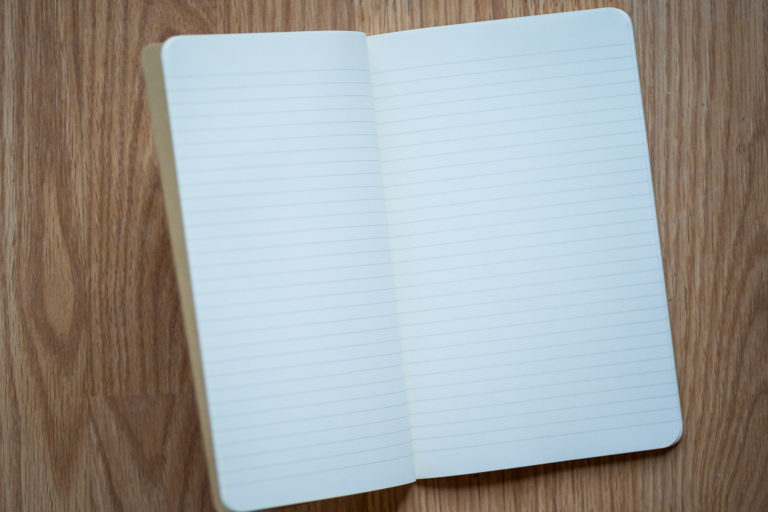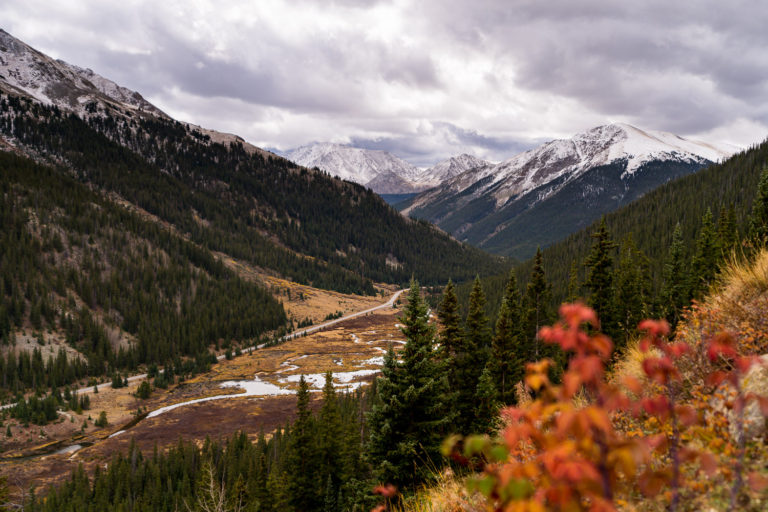Searching for that State of Flow (or is a Job Just a Job)
Lately, I’ve been wondering about the search for that luxurious state of flow. I’m a professional creative; if you are too, you know how challenging it can be. For one, you must be creative on demand which requires inspiration to strike routinely and not sporatically.
Additionally, you’re trying to make money on something that you’d probably do for free. (Honestly, this one is something that gets a lot of creatives in trouble. And finally, it leads you down unconventional paths that there’s not always a recipe for.
In this article I’m exploring the significance of flow state on our lives and whether it’s a key to happiness or something that will always be out of reach. The desire to love what you do is a great dream but how realistic is it in our society? I can’t wait to share my thoughts and hear yours.
What is flow and why do creatives want it so bad?
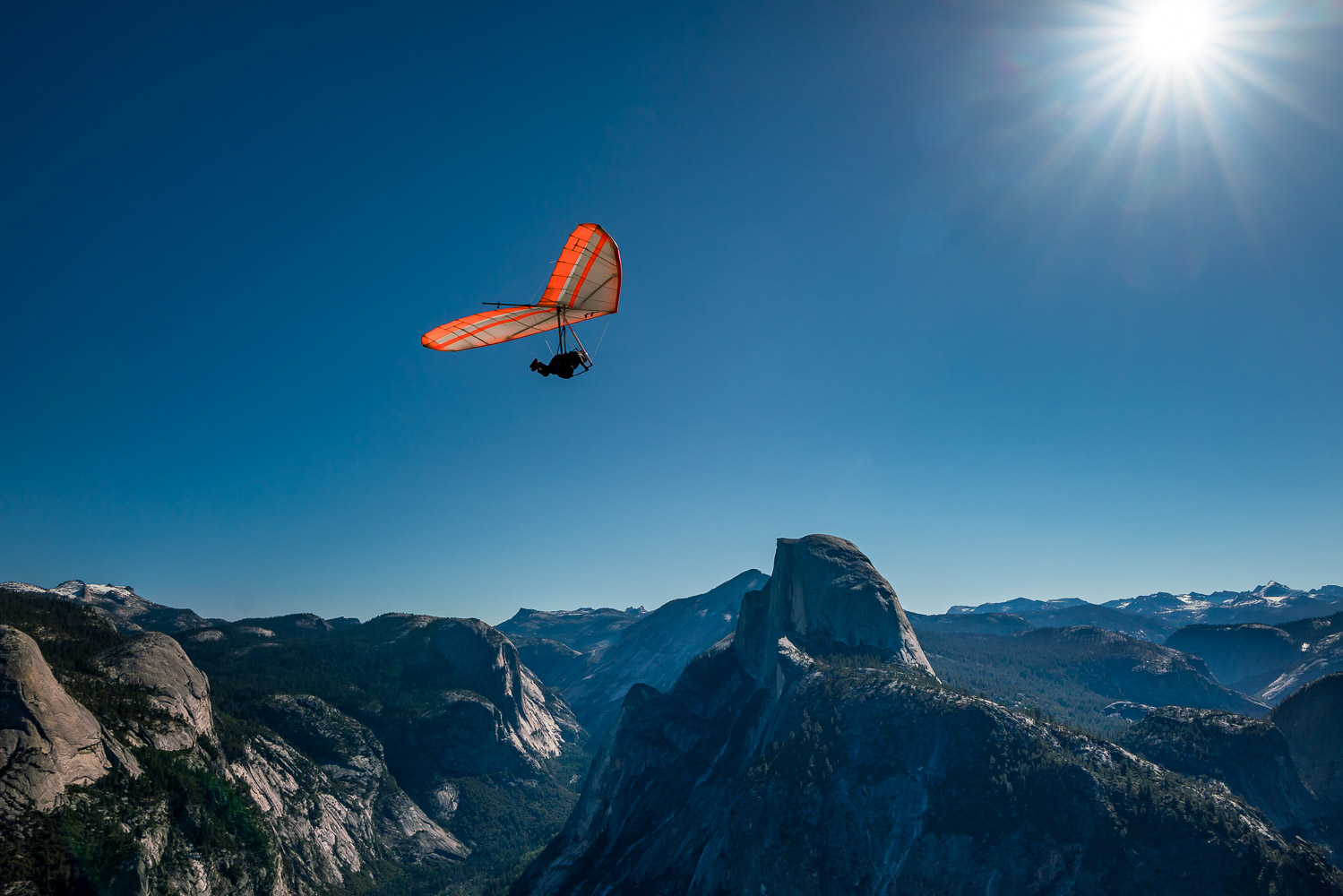
First, let’s talk about flow. Most people can probably identify some flow experiences in their lives. You are fully immersed in what you are doing and time simply disappears or stands still. A flow experience keeps you both in the present moment and at the same time almost unaware of your surroundings. Self-consciousness is not a part of flow.
Flow is often associated with positive emotions because you’re completely absorbed by doing something that you love. You can easily see why creatives seek the flow state. Inspiration is flowing and creative blocks are nonexistent.
When you’re in flow, things come easily and you’re using your skills. You’re not bored but you’re not over-challenged, you’re fully engaged at the edge of your abilities. Being in flow is that time of enjoying your work as well as doing what you’re best at so it makes sense that we would want to spend more of our time doing flow-state work than busy work.
Is it reasonable to tap into a flow state in everyday life?
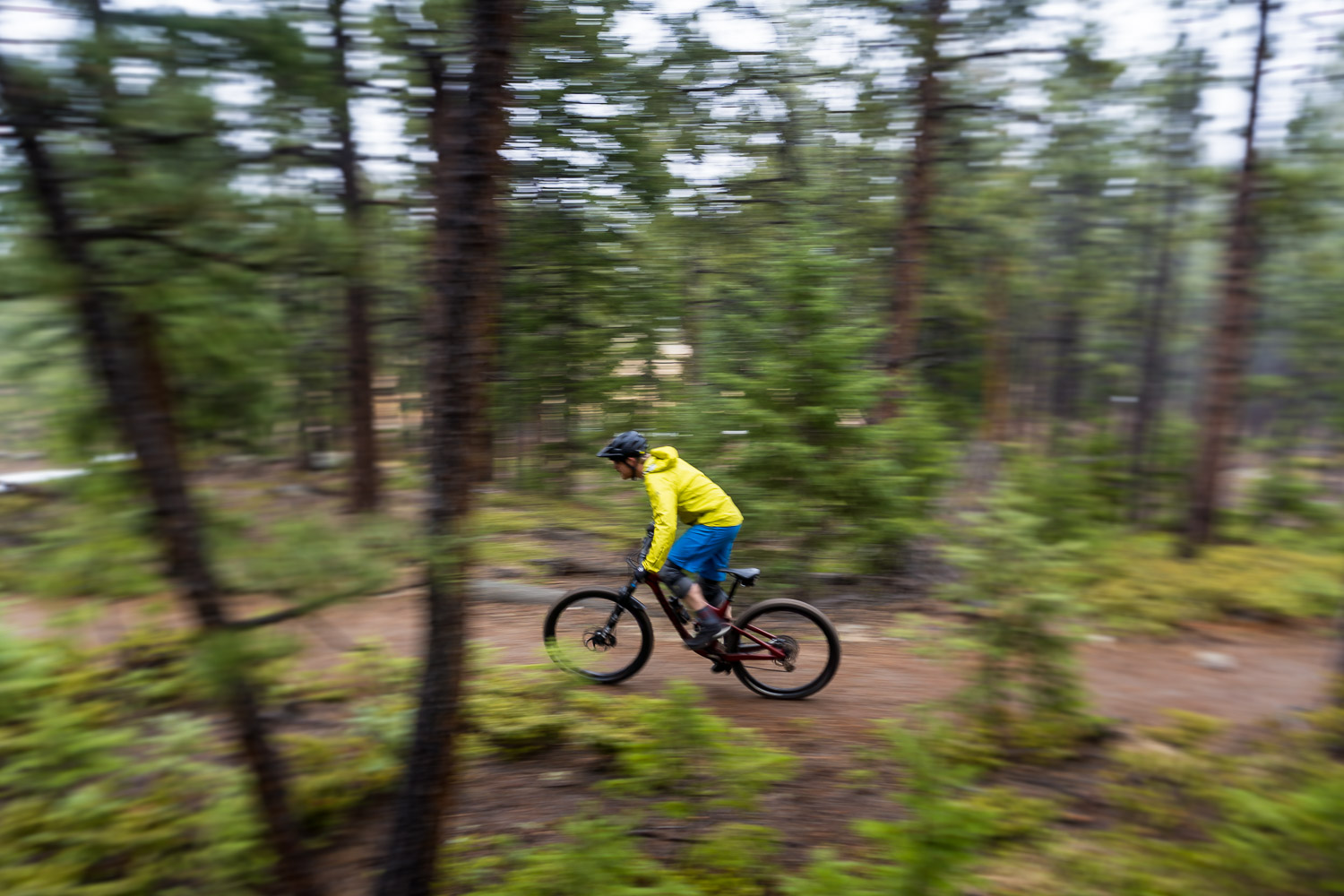
Here’s where we run into problems. Sure, we would all love to spend our days on tasks that we enjoy enough that we’re constantly experiencing flow. But someone needs to do the busy work too.
As a parent of two small children surrounded by other parents trying to decide how to manage the work-life balance, I’ve come across some interesting discussions about work. As a creative, work is a passion but for many that’s not the case.
For many, work is a way to earn money to pay for passions. A big part of me feels as though work is about finding a calling, but lately, I’m realizing that sometimes it’s not that spiritual. Sometimes work is something we do because we live in a capitalistic society and we need money to buy things.
Flow, Ikagari, Dharma, Plan De Vida, Calling, Vocation, Purpose
When you look around there are a handful of philosophies that tout the idea that being in flow as a profession is a good goal. Somehow when I start researching flow state I end up reading about how people feel like when they are in their flow state they are living their purpose. It’s almost as if when we are in flow, we’re doing what we’re supposed to be doing.
It makes sense, doesn’t it? To be in a flow state means to go with the flow of the river of life. To take the path of least resistance.
It’s to become who you are meant to be and share the gifts you were given with the world. That’s how it can feel in a flow state like you are using your skills and your talents to create something new alongside the universe. So let’s dive a little deeper into this idea of purpose.
Another word for purpose:
A vocation or a calling is a strong feeling of suitability toward a specific career or occupation. In a religious context, that strong feeling is considered a calling from God. People are called to serve God through the priesthood or missionary work or even through their marriage.
Ikigi is a Japanese concept regarding a reason for being. It’s where passion, profession, mission, and vocation intersect. The idea that you’re doing something you love, that you’re good at, the world needs, and you can get paid for.
Dharma is a Sanskrit word that has a few different translations or meanings in Indian religions but one of which is related to vocation or calling. It is the idea that you’re being who you are supposed to be.
Plan de Vida is a Costa Rican idea of a life’s purpose or soul purpose. A reason to wake up every day. It also seems to imply that one is supposed to enjoy life and celebrate what they have.
Approach to Life and Work
To me, all of these concepts are different ways of answering the question of why are we here. While in one culture it might be to live and enjoy life and in another, it might be to serve. They are similar concepts in that they have an element of influencing your approach toward life and work.
For example, none of these theories talk about accumulating money to live comfortably or buy more stuff. Most of them are about how we are spending our time, using our talents, or the approach we have towards life. None of these ideas tell you to wake up in a cynical and grumpy mental state and complain about your station in life.
These ideas seem more focused on well-being than wealth. Or maybe they are simply defining wealth differently. Which brings us around to money. So let’s go there.
What would you really do if money wasn’t an obstacle?
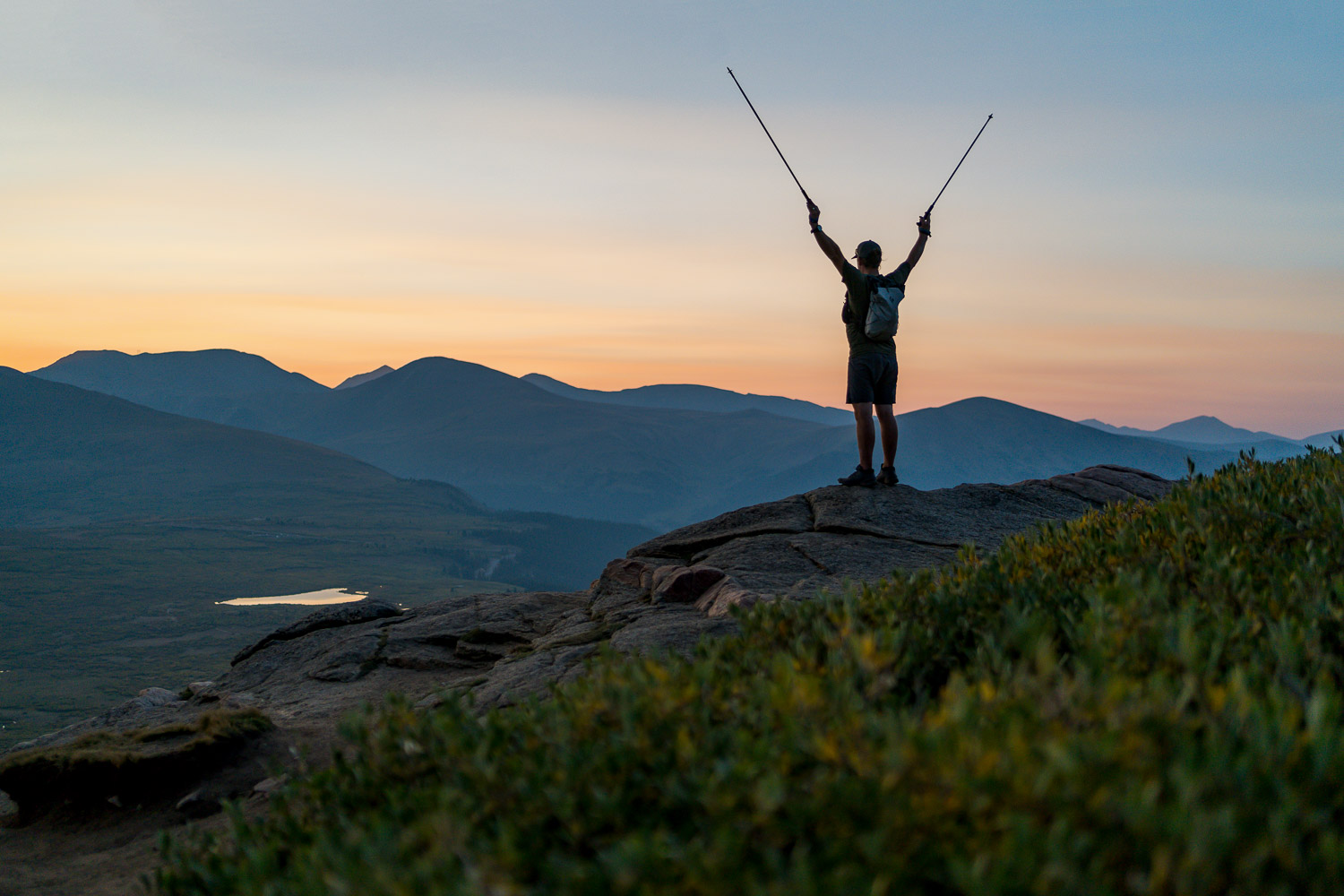
People always ask what you would do if you didn’t have to think about money. It’s a good question because it forces us to think about our values, priorities, and interests. But it’s also an unfair question because we do have to think about money.
The reality of our society is that your passion only pays if it has market value. A better question might be, how can you turn your passion into something that someone will pay for? I’ve known a lot of people who burn out on working their passions because they get tired of not being valued.
Speaking of which, whatever happened to intrinsic motivation? With intrinsic motivation, we do something just for the joy of it. That sounds like a flow state but is it unreasonable to want to both enjoy something and be rewarded for it?
Dealing with the Money Issue
So what do you think? How do we deal with the money issue when it comes to our profession, vocation, or simply our desire to be in flow? Flow doesn’t always pay.
You may be in flow painting or writing or riding your mountain bike but if you do that all day you might not be able to buy groceries.
We can work enough to make the money we need and then spend more time in flow state hobbies.
Look for something where you can find that flow state but it pays well. It might not be the perfect fit like writing poetry but you can get paid to write copy for websites.
Create flow in whatever it is you’re doing. Find a way to enjoy your job and challenge yourself a little bit in it so that you’re building a flow state.
What motivates us as creatives?
It’s good to explore the question of what motivates us. Some things are intrinsically rewarding. It’s nice to complete a challenging task that makes us feel like we’re making progress, that we’re capable, or just because it’s fun.
I think creativity in itself is rewarding, finding that state of flow feels great. I think what professional creatives are seeking is permission to spend more time in a flow state. If creativity is my job then I get to make flow experiences a priority.
We want to do art for its own sake, but if we can also do art for work then we get to do it more often. Even if you’re not a professional creative, you need to prioritize incorporating the flow state into your everyday life. Between laundry and picking the kids up from school, do we make time for flow?
Beyond flow state?
Maybe it’s not just about flow state for you, maybe it’s about changing the world or making an impact. It seems like a lot of creatives want to make art but a lot of them also want to share a message. Or they want to serve people or make a difference.
To achieve flow means to be able to create more and thus achieve whatever your creative goals are. So just like we examine motivation, we should examine our goals. Or set them.
Whether you simply seek that optimal experience, want to crank out more work for your audience, or simply want to reap the positive impacts of the flow state, it’s good to set a goal. Then, we’ll know what you are working towards and we’ll be able to plan our actions accordingly.
How do we induce flow?

Inducing flow sounds like we’re attempting to force inspiration to strike, which in some ways we are. But I’d rather think about it as making sure the landscape is ripe and ready. Flow occurs when the circumstances are ready for flow.
One of the things we can do is make sure we have just the right level of perceived challenges. We want challenging tasks that aren’t so frustrating that we’ll have trouble with emotional regulation. The optimal optimal experience will instead help us with our emotional regulation.
The flow research suggests that self-care and creative practices have a positive correlation to achieving flow. If you make creativity a habit then you’ll be able to trigger flow more reliably. Conversely, stress can reduce your ability to achieve a flow state.
Environmental Practices to Help Prepare for a State of Flow
Values = Priorities: I believe it’s important that our values are aligned with our priorities. If you value something, your calendar and bank account should reflect that.
Simplicity & Minimalism: One of our mantras is that simple is best. Where can we simplify so we can flow? Where can we simplify our lives, our schedules, and our physical and mental clutter to make room for creative thought to flow freely?
Daily Input: What is our daily input? And think about all 5 senses. That means our food, social media, books, thoughts, and who or what we surround ourselves with.
Rituals & Routines: What rituals or routines do we have to make physical or emotional space for flow? That might mean things like exercise, mindfulness, and meditation.
Removing Obstacles to Flow State
What stands in the way of flow? Maybe it’s physical clutter but maybe it’s emotional clutter or a poor mindset too. Many of us stopped believing we were creative enough at an early age and that limiting belief is getting in our way.
Two of the daily inputs I listed in the previous section should be given a little extra attention. Your thoughts and the people you surround yourself with. If you want to be creative it’s time to look at the three topics below.
Believe you are creative
Surround yourself with creative people
Redefine fear
Fear and Flow
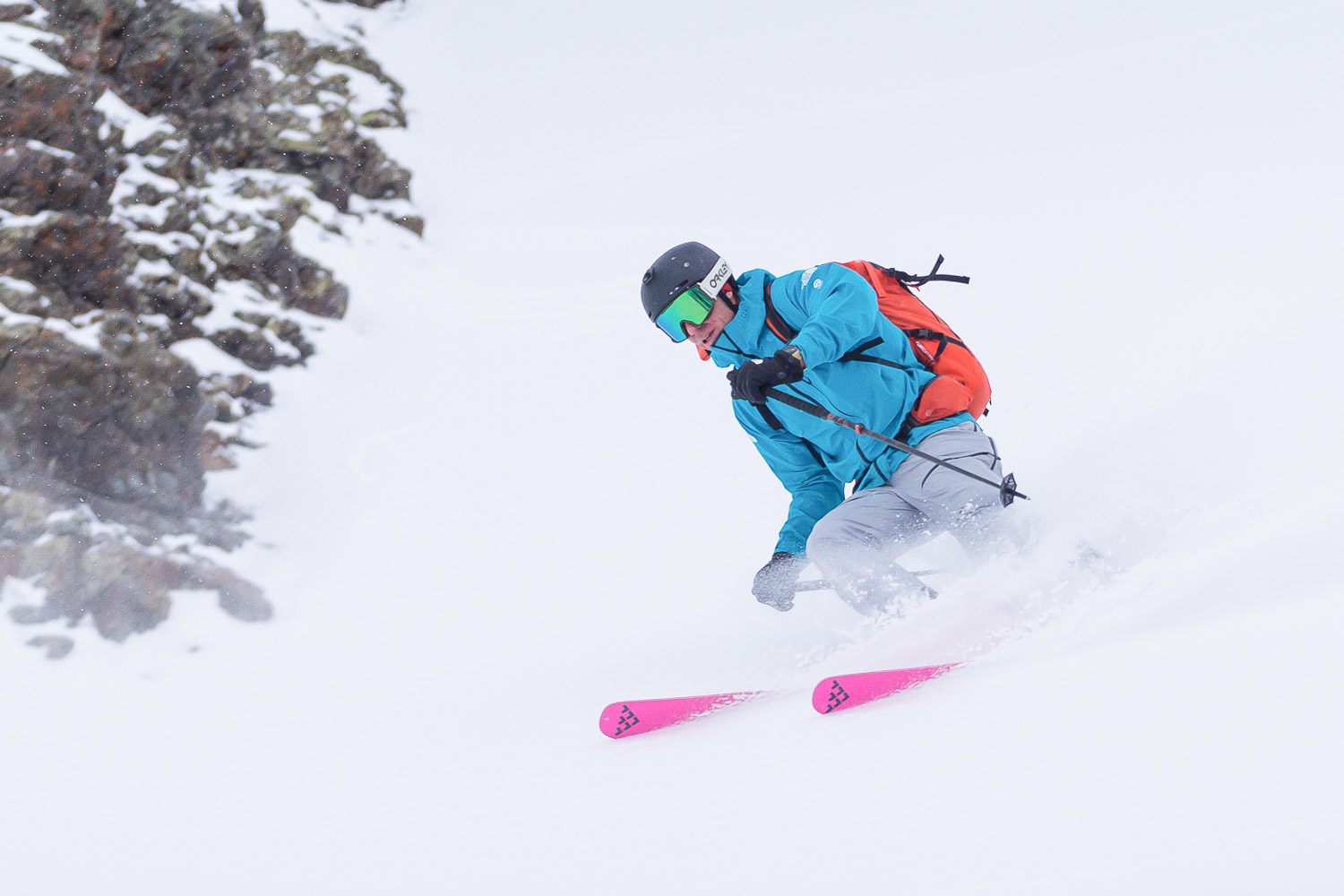
It seems like it would be hard to experience flow if we’re afraid. But sometimes it’s just about redefining fear. Or at least looking more closely at our fear.
If we’re doing something that is within our skill level, which we already defined as the best way to experience flow, then there’s not that much to be afraid of. Something within our skill level should be less risky and in that case, the feeling of fear might be excitement or anticipation.
It’s hard to be both fully engaged and also afraid. It’s hard to lose track of time while feeling fear. However, hard things make us stronger and anyone that’s achieved that state of flow has also felt the resistance that goes with it.
Resistance
Some messy emotions come along with creativity. You might think you need to push them down so they don’t prevent your flow state. But actually, it’s the hard things that make us stronger.
Think about how many of your positive emotions come on the tail of a challenging one. What we need to do is not avoid hard things but lean into them with curiosity instead of judgment. Control what we can and then let go of the rest.
If we start to see resistance as part of the process we’ll be less resistant to it, as bizarre as that sounds. Maybe then we can go with the flow, pun intended. Think about the craziness of a river, it’s not always a peaceful painless flow.
Summary: Did we Find that Flow State?
As you can see, there are still some questions about the importance of the flow state in our lives as well as the best ways to achieve a flow state. But there are also some answers and some best practices. There is also evidence that whether or not you achieve a flow state has an impact on your well-being.
If you’ve experienced flow, whether on the soccer field or in your profession, you’ve felt the impact on your well-being. You’ve felt in the zone and like you’re where you’re meant to be. Creativity is important to our lives.
Whether you seek a life where your creativity is your work or your work allows you to be creative, I hope you decide to reclaim creativity. When we’re in a flow state we remember our childhood back before self-consciousness prevented us from sharing ideas. We remember back before self-consciousness prevented us from doing what we loved simply because we loved it.
Do what you love and if the money doesn’t follow then go make enough money to keep doing what you love. I hope we can all find ways to value people for their work, even and perhaps especially because they love doing it. A great example is the teachers that keep teaching because they love it even if it’s not one of the most lucrative careers.
People who make less money but love what they do seem pretty happy to me.
about the author
I am Brenda Bergreen, one half of a husband and wife photography team specializing in Colorado wedding photography and videography as well as adventure photography. If you need someone to encourage your creativity, I’m here.
Download our free guide on how to build a creative business and a life you love. Don’t hesitate to contact us and let us know how we can help!
Looking for more posts on creativity, check out:
In the meantime, remember to…

